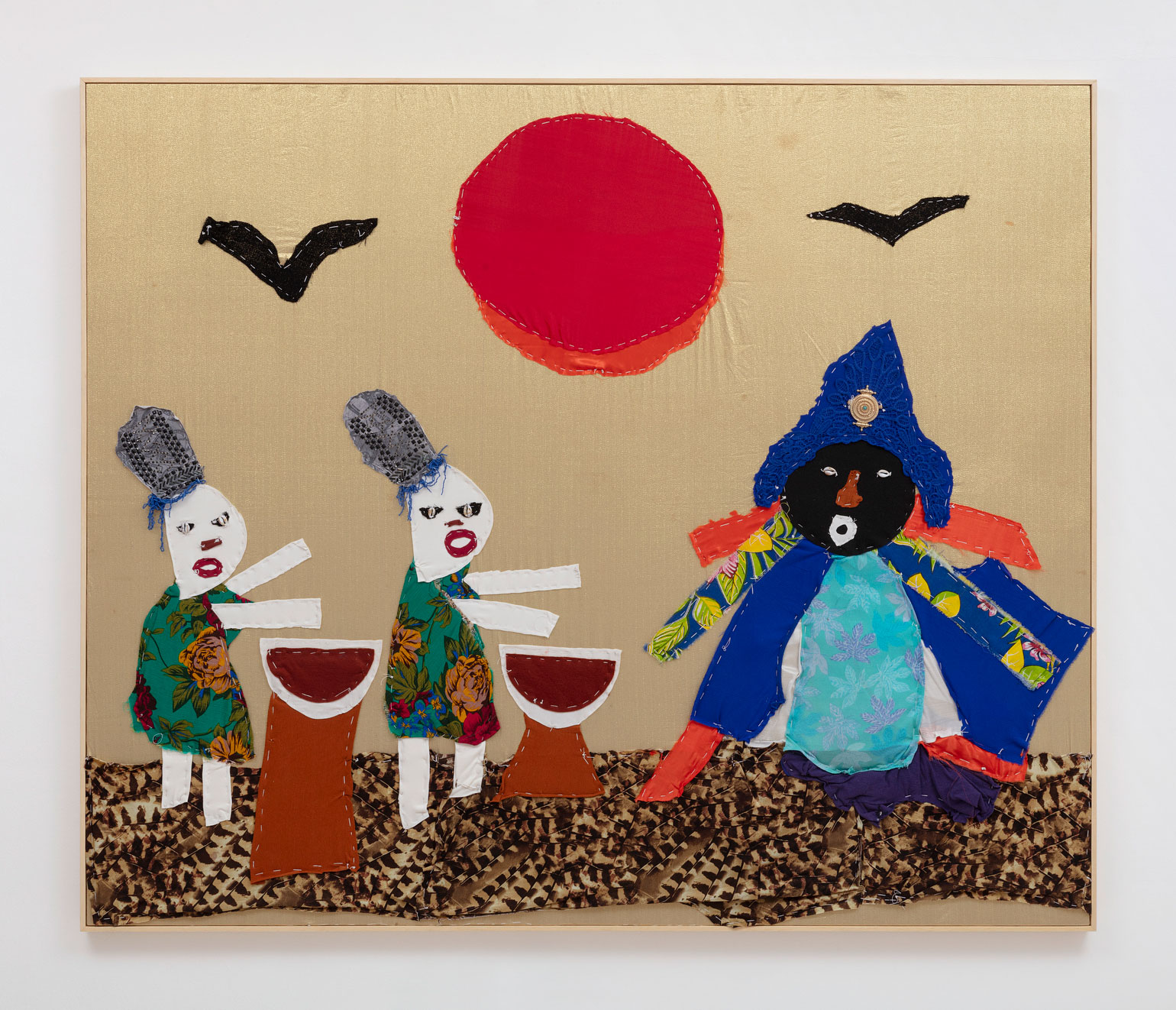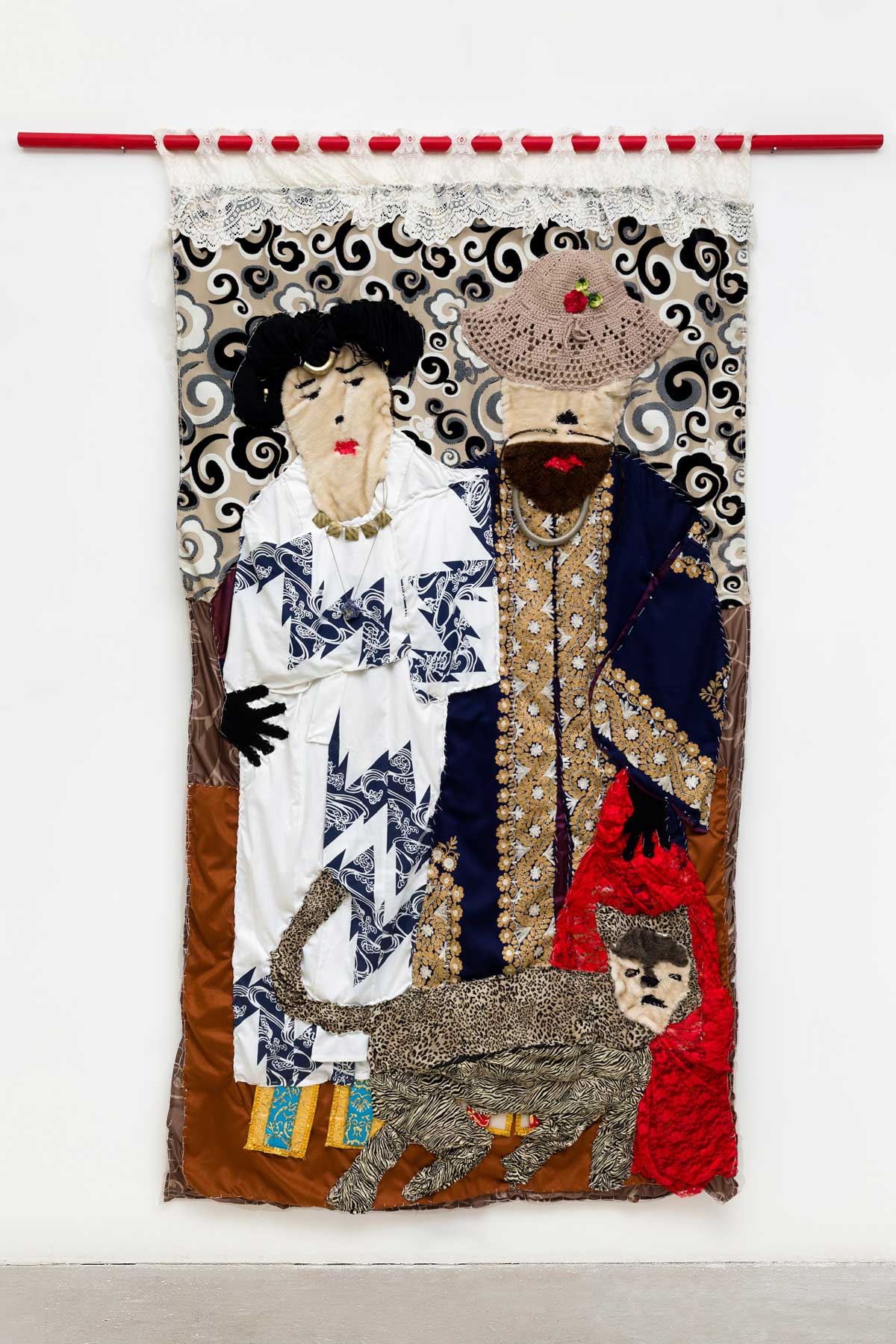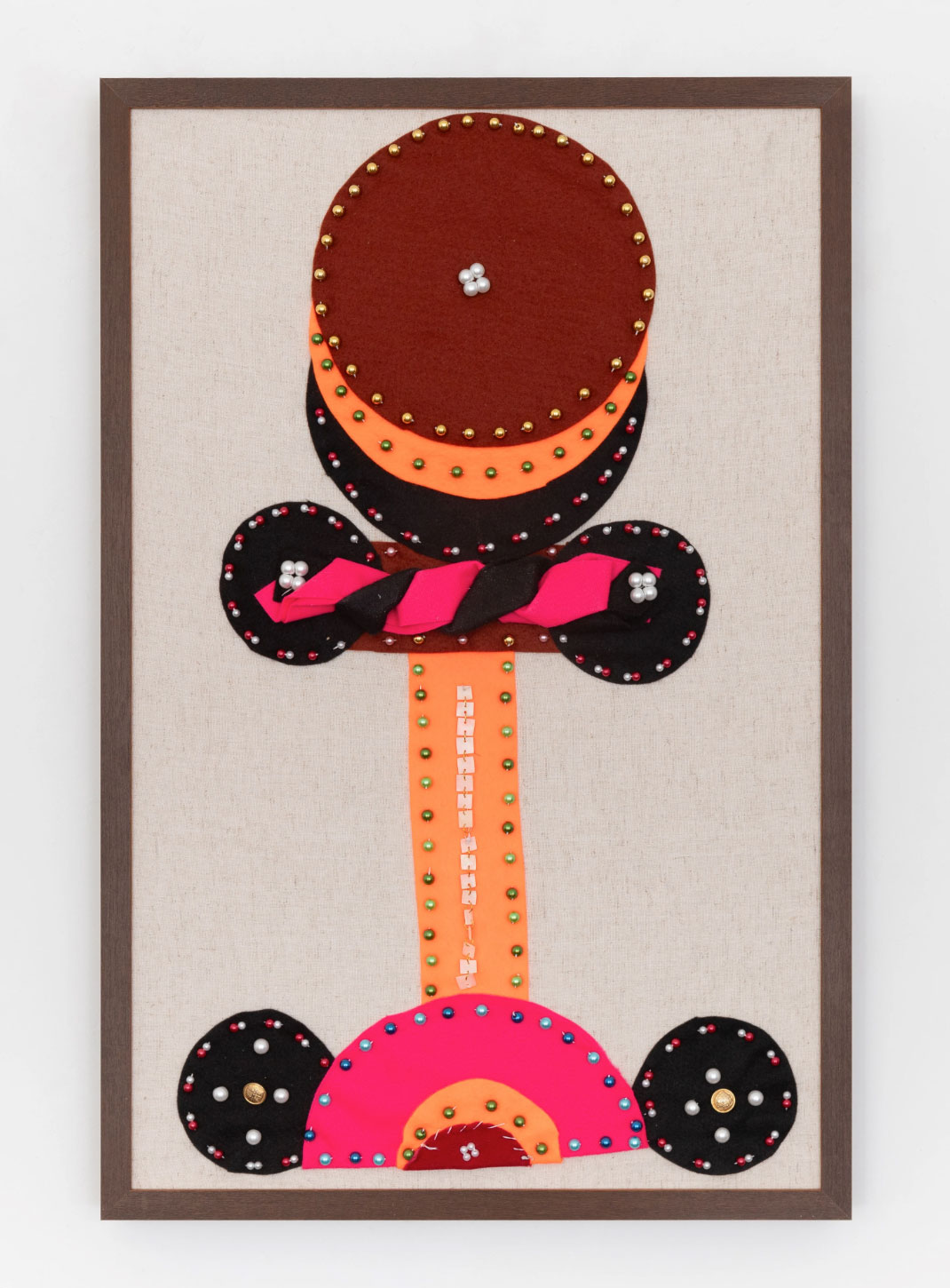Hesitating over countless titles and authors I never got to read, nor base my theses on their writings, because I was too busy
trying to survive a Brazil programmed to exterminate me.
Well, love exists in every patrol car set ablaze during public demonstrations or
acts of vandal-love — children in bulletproof vests and excited youths facing, every day, the crossfire between the lack of options for an ideal relationship and the arrows of stupid, capitalist cupids.
Tinders and Grinders failing in their liquidity, liquidated along with prostitutes and politicians.
The situation is never unexpected, because for music to exist in eternity, many other moments and couples had to be sacrificed.
To love is more than enjoying the moment — it’s wanting to tear through the film of time and take shelter in that refuge we call music.
An invisible blanket that wraps itself around any loveable being — to love is to try to transform the moment into eternity.
And music only truly happens when both people climax together.
Novíssimo Edgar, Tocando tambor para acaba com a dor, 2025. Photo: Everton Ballardin. Courtesy of the artist and A Gentil Carioca Gallery.
Love can be very complex — a word difficult to give birth to,
and most of the time, it’s dismembered, searching for meaning in its mutilated in-between-letters.
Many sides, interpretations, and confusions — as Giovanni Bafô would say, love only comes with fusion.
That poet I didn’t read — I met him on the street. We shared an umbrella on a drizzly day —
a classic way to make jazz.
You might think, “Wow, he doesn’t read anything,” but I do read — hands, feet, breasts, lips, erotic thoughts, and other texts on graffitied walls, plus pirate publications.
To make music is to blend a smoothie of sex with seasonal fruit — a Hilda Hilst moment of any kind of intellectuality.
Edgar Pereira da Silva, known as Novíssimo Edgar, is a Brazilian artist, born in the periphery of Guarulhos, São Paulo state, in 1993.
He currently lives and works in São Paulo and Rio de Janeiro. Edgar is a poet, visual artist, and performer, a compulsive creator whose work overflows with authenticity and freedom, and encompasses many different techniques andresearch on metalanguages and transmedia.
His interest in the arts started in his childhood, when his mother Mariaencouraged him to make sculptures, drawings, and painting on tiles. He works with all kinds of ancestral and technological materials, creates paintings, installations, performances, drawings, composes music, invents card games, writes books, produces films, games, and NFTs.
There are ritualistic dimensions to his artistic output, which includes current themes, such as violence and the Brazilian political context. In some of his works, he addresses religious syncretism by combining influences from Yorubá culture and techniques from Russian numerology. Indigenous futurism and the black diaspora are part of his research repertoire and experiences, through the universe of speculative fiction and the short-circuit of narrative time, resulting in an immersion in a specific and untamable universe.
Nowadays, intense sedentary browsing on the internet exposes the artist to the violent flow of categorized information that requires a poetic resolution in order to be used in daily life. This permanent sorting is increasingly similar to alchemical practices that move between the material and the virtual, the visual and the verbal, everything converted into binary systems to be consumed, almost like meat, in a fetishistic offering. It’s the protein for a new cycle of miracles between inhaling and exhaling, dollars and love, navigating without losing the beat of the bit.
In addition to his partnership with Elza Soares, Edgar has also worked with João Donato, Céu, and Baiana System. He won two awards, as best new artist in 2018 (awarded by SIM and by APCA), and also won the Zumbi dos Palmares prize in São Paulo for his contributions to the anti-racist struggle. He recently authored the narrative direction and soundtrack of a game and feature film by Danish director Sissel Morell Dargis.
To know more about Novíssimo Edgar: @novíssimoedgar
Courtesy of the artist and A Gentil Carioca Gallery.
Hero image: O Toque, 2023.









